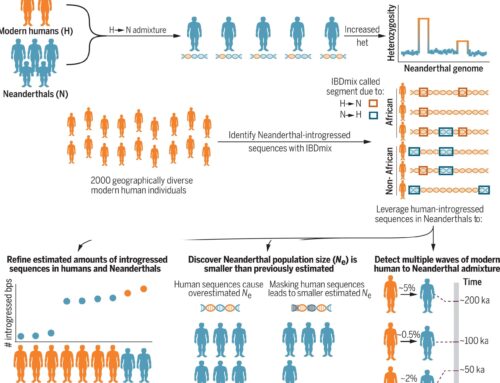
Original article appeared in National Geographic ~~
Valter Longo spent childhood summers in Molochio, the village in the Calabria region of southern Italy where his parents were born. It happens to have a high concentration of centenarians. Longo grew up to earn a Ph.D. in biochemistry and to study how food influences longevity.
Although based in Los Angeles and Milan, he often returned to Molochio, hoping to discover the life-extending magic of the local diet. Not surprisingly, the village elders reported eating simply and sparingly: vegetables, beans, fruit, olive oil, pasta, and minimal meat.
But that wasn’t the whole story. “When we talk to centenarians we often hear, ‘You know, we went through moments, through times, where there was just no food at all,’” he says.
As a young laboratory researcher, Longo starved yeast to tease out how nutrient deprivation affects gene expression and other biological processes associated with longer life. He became convinced that fasting can delay aging, prevent many illnesses that come along with growing older, and help more of us blow past age 100 by resetting our metabolism and cleaning out cellular debris. But few people will stick to a days-long fast, and extended fasting can cause muscle loss and other problems. So Longo spent years developing, testing, and fine-tuning a diet that tricks our bodies into responding as if we’re eating nothing at all. It is very low in calories, sugars, and protein, and high in unsaturated fats.
In experiments with middle-aged mice, Longo showed that a fasting mimicking diet, or FMD, as he calls it, extends lifespan, revitalizes the immune system, and lowers the incidence of cancer. The diet also improved learning and memory in older mice, delayed cognitive decline in mice bred to develop Alzheimer’s, and improved the efficacy of cancer treatment.
Longo packaged the fasting-mimicking diet into a food kit, which includes nutrient-rich crackers, olives, soup mixes, herbal tea, and supplements. A study of 71 healthy adults who followed the diet, for five consecutive days once a month for three cycles, found it reduced body fat, body weight, blood pressure, glucose, and C-reactive protein—all good things for staving off heart disease, type 2 diabetes, and other chronic ailments. The people at highest risk for these conditions improved the most.
In 2022, Longo and his colleagues reported that this diet improved the metabolic health of patients with prostate cancer, raising the possibility that the regimen could serve as a vital adjunct to conventional cancer therapies.
Now Longo is putting his diet to its biggest test. He is recruiting 500 people, ages 30 to 65, from Molochio, Varapodio, and neighboring villages for a head-to-head comparison of the effects of normal eating and FMD. He hopes the study will demonstrate, convincingly, that sending the body into fasting mode can improve the health of many adults and reverse age related molecular and cellular damage at the root of the conditions that bedevil us late in life.
The popularity of fasting
In 2022, 10 percent of Americans surveyed by the International Food Information Council said they fasted intermittently. By contrast, 2 percent reported following a vegan diet, 3 percent said they were vegetarian, and 5 percent said they ate a Mediterranean-style diet. However, the meaning of “intermittent fasting” varies widely—12 hours a day, 16 hours, alternate days, one day a week.
Diet fads come and go with such regularity it would be easy to chalk up the current mania for intermittent fasting as a passing fancy. But in the year plus I spent reporting on the science of longevity for National Geographic, I was impressed by the number of researchers who routinely take a timeout from food on the strength of evidence showing health benefits for the practice.
“It is really proven, and I think validated—fasting is good,” says Tzipi Strauss, a physician who is establishing a clinical center for healthy longevity at Israel’s Sheba Medical Center. “You don’t need to eat three times a day. Or every three hours. No. We are not babies. We don’t need to grow.”
Evelyne Yehudit Bischof, chief associate physician of internal medicine and oncology at Renji Hospital, Jiaotong University School of Medicine in Shanghai, eats nothing before 10 a.m. or after 4 p.m. When I received several emails she sent at midnight, I wondered how she worked so late without falling over, famished. “I eat a lot during the hours I’m allowed,” she says.
Satchidananda Panda of the Salk Institute for Biological Studies in California—an expert on circadian clocks, the internal system that regulates body rhythm—is an intermittent faster, too. According to his studies, limiting the time spent eating keeps cells and organs, the brain included, running in sync. His research tells him that ideally, he and his family would skip food for 16 hours daily. But he didn’t think he could sell his wife and daughter on fasting longer than 12 hours.
All this variation and improvisation leaves Longo determined to answer fundamental questions. “Fasting is just a word, like eating,” he says. “You have to move into exactly what kind of fasting works and why.”



